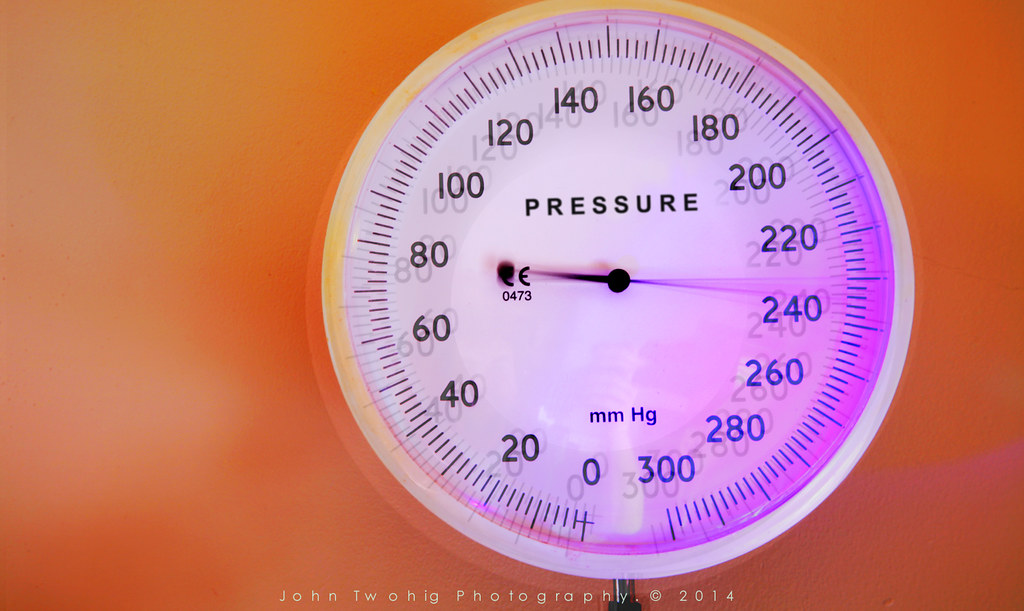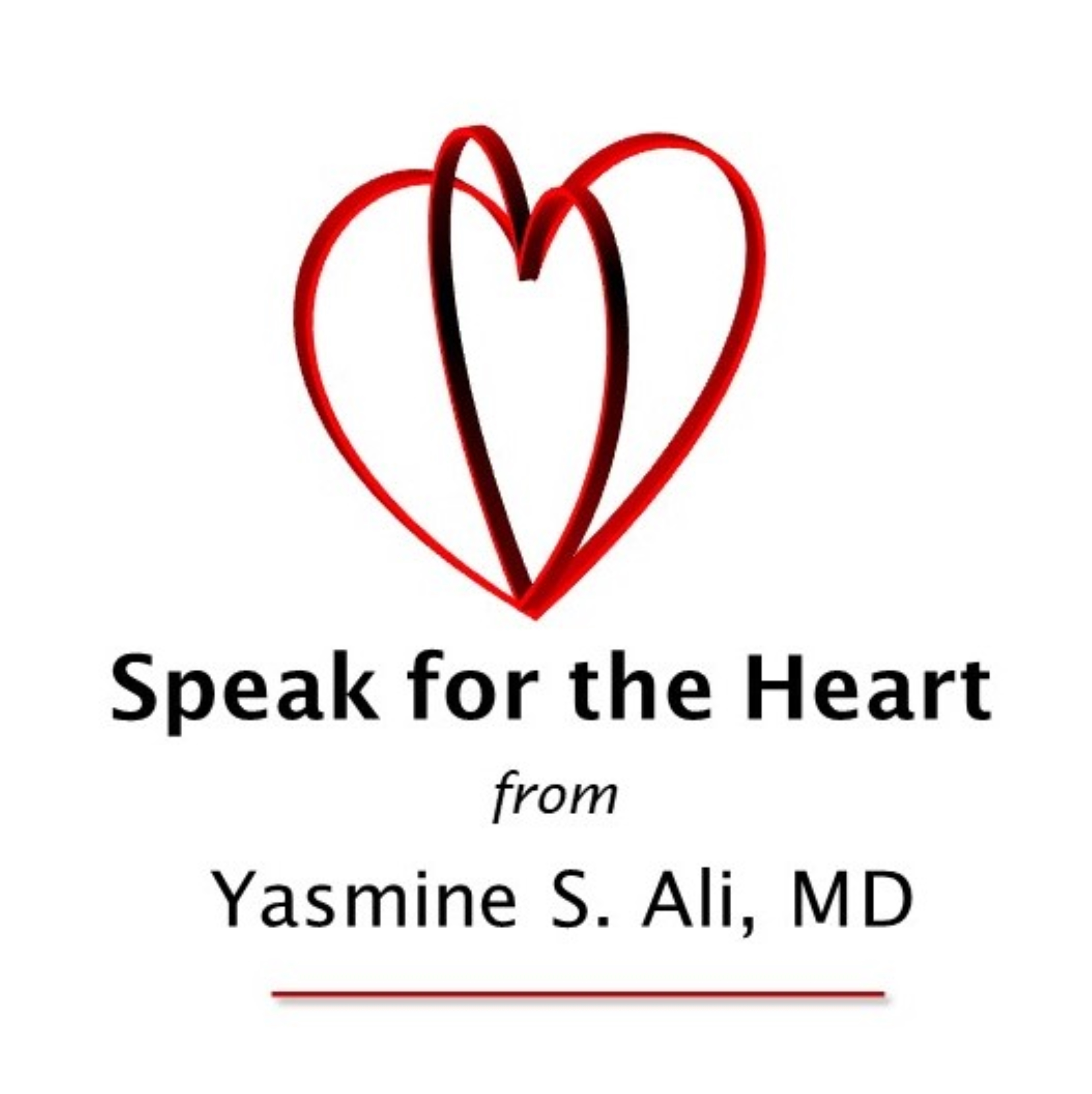Guest post by Aneesha Dhargalkar, MD
We know that stress is everywhere. The good news is that there are many ways for us to have a strong relationship with stress relief and reduction, thereby improving our overall physical well-being. This applies especially to our heart health.
Stress Defined
There are many ways to define stress. One definition connects the stress you feel in a particular situation with the “body and mind’s stress response.” It is normal for our body to physically respond to stressful events. However, when the effects of a distinct stressful event are greater than what our body or mind can cope with, we can display a potentially harmful stress response. There are many stressors that can evoke such a stress response:
- work conflict
- relationship problems
- social isolation
- financial issues
- the death of someone close to you
- natural disasters
- crime
The response to these stressors is unique for each person. This response may depend on many factors such as race, gender and socioeconomic status. The physical effects of a stressor on the body are driven by this reaction.
Want to learn how to manage and minimize the effects of stress on your heart? Subscribe now to the Speak for the Heart newsletter!
Broken Heart Syndrome
Acute and chronic stress can have distinct effects on the body and heart. Takotsubo cardiomyopathy, also known as “broken heart syndrome,” stems from the results of acute mental stress on the heart. Those who have had a recent intense stressor in their lives will develop dilation and even failure of the heart muscle, usually in the bottom part of the heart, which can be seen when imaging the heart. These changes mimic the findings seen in patients with a heart attack.
Chronic stress can also lead to heart disease. The INTERHEART study looked at approximately 25,000 patients and found that heightened psychological stress over the course of a year more than doubled heart attack risk. This was independent of the effects of other risk factors, such as smoking.
The Mind-Heart Connection
Multiple researchers have studied the mind-heart connection and how factors negatively affecting the brain can lead to heart disease. Both acute and chronic stressors will lead to a stress response like the fight-or-flight response. When these stressors are present, the brain is activated and releases chemical signals. Features of the resulting response include:
- high heart rate and blood pressure
- vasoconstriction, also known as narrowing or tightening of the blood vessels
- heightened inflammation
In fact, a landmark study in 1991 showed a greater tightening of the blood vessels (vasoconstriction) in participants exposed to mental stress vs. those who are not. This causes reduced blood flow to the heart along with a high heart rate and blood pressure, leading to an increase in the heart’s oxygen needs. These changes in the physiology of the heart and blood vessels can lead to chest pain and heart attacks.
Along with these direct effects, stress can lead to a rise in unhealthy behaviors. These behaviors include smoking, a poor diet, decreased sleep, and a lack of physical activity. When these daily habits are combined with conditions such as elevated blood pressure, high cholesterol, and diabetes, the risk of events such as chest pain, heart attacks, and sudden cardiac death increases significantly.

Specific Populations
Those with pre-existing heart disease are at risk for progression of their disease when exposed to stress. Studies have shown that acute mental stress in a laboratory setting can trigger problems with blood supply to the heart in around 1 out of 6 patients with pre-existing cardiac disease. This is seen when imaging the heart under stress.
Women and Black Americans also have a higher risk of heart disease due to stress. A study on the presence of mental stress for participants with ischemia showed that the effects of stress on the heart were found to be more pronounced in women vs. men. Goal-striving stress is a type of stress that can occur when one is striving for upward mobility. This type of stress has disproportionately affected both Black and female patients. Therefore, higher rates of stress lead to higher rates of heart disease for these two groups.
What You Can Do
The evidence is clear: stress has a profound impact on our health. But hope is not lost. There are many things we can do to counter these effects. Stress-reduction techniques include:

- biofeedback
- deep breathing
- exercise
- yoga
- meditation
- tai chi
- group support
- cognitive behavioral therapy
Many studies have shown that these stress-reduction techniques can decrease perceived stress, improve blood pressure, and increase healthy behaviors. In this way, stress reduction can serve as a one-two punch in decreasing one’s risk for heart disease.
Therefore, you can reduce stress and improve the health of your heart today by increasing healthy behaviors such as cutting back on smoking, exercising regularly, eating a balanced diet, and sleeping at least 7 hours a night. These changes can have profound impacts on your mental, emotional, and physical health relatively quickly. So, grab an apple, go outside for a walk with your friends, and get some solid sleep tonight and every night–your heart will thank you for it!
Learn more about managing stress and keeping your heart healthy! Subscribe now to the Speak for the Heart newsletter.
You may also be interested in reading:


